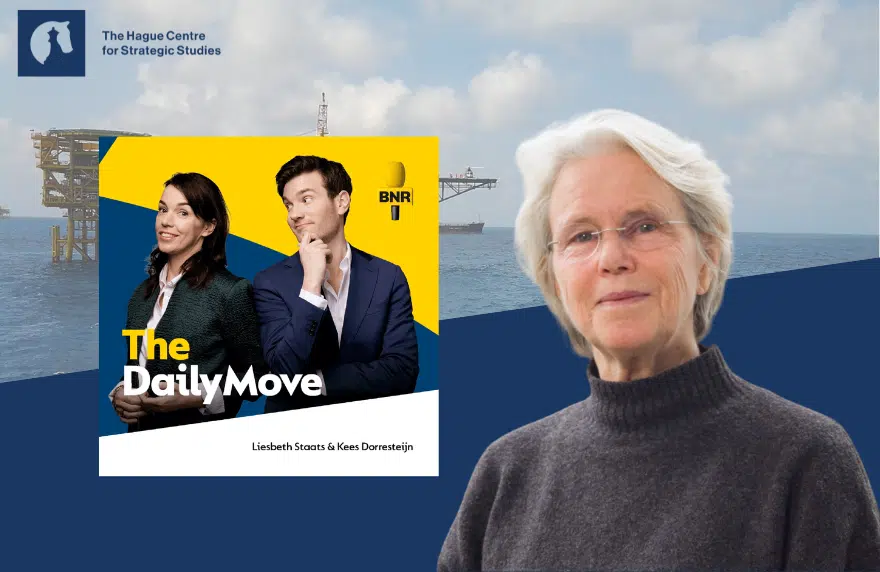Volgens talloze commentatoren en politici is deze week de ‘nieuwe Koude Oorlog’ uitgebroken. Dat maakte het mogelijk het Russische gedrag te verklaren: de bezetting van de Krim is een stuiptrekking van een grootmacht in verval of een grootmacht die terug wil naar een glorieus verleden.
President Obama sprak over Rusland als een land dat ‘aan de verkeerde kant van de geschiedenis staat’. Zijn minister van buitenlandse zaken beschuldigde Rusland van ‘negentiende-eeuws gedrag’. Het is allemaal retoriek, onkunde of gemakzucht. Want het gedrag van Rusland komt niet echt als een verrassing.
Na het einde van de Koude Oorlog hebben Amerika en Europa van de zwakte van Rusland gebruik gemaakt door zaken door te drukken die voor de Russen vernederend waren, zoals de eenwording van Duitsland, de uitbreiding van de Navo, het Navo-lidmaatschap van voormalige bondgenoten en afzonderlijke afspraken tussen voormalige Sovjetrepublieken en de Navo, de oorlog om Kosovo in 1999 tegen bondgenoot Servië, de interventies in Irak en Libië, en meest recent de instelling van een Oostelijk Partnerschap door de EU.
Het is geen toeval dat het in 2009 geactiveerde Oostelijke Partnerschap door Polen werd geïnitieerd. Het partnerschap wil voormalige Sovjetrepublieken paaien met soepele visabepalingen en vrijhandelsakkoorden. Het associatieverdrag met Oekraïne was hier onderdeel van. Niet toevallig werd de verwerping van dit verdrag door toenmalig president Janoekovitsj een katalysator voor de strijd tussen pro-Europese en pro-Russische Oekraïners. Hoewel Europa en Amerika het altijd hebben ontkend, had het partnerschap een geopolitieke reden. Dit verklaart ook waarom Wit-Rusland, de meest ondemocratische staat van Europa, lid van dat partnerschap werd. De EU vreesde dat Moskou zijn grip op Minsk zou vergroten als Wit-Rusland niet zou
toetreden. Precies hierom zag Poetin het Oostelijke Partnerschap als een uitbreiding van de westerse invloedssfeer.
Iedereen die denkt dat geopolitiek en machtsdenken in de 21ste-eeuw geen rol meer spelen, heeft het mis. Amerika en Europa deden het toen ze onbetwistbaar sterker waren dan Rusland. Nu is Poetin aan zet. Zijn persconferentie van afgelopen woensdag was een college machtspolitiek. Hij speelt knap in op de zwakte van het Westen en eist feitelijk de Krim op in ruil voor het afzien van een interventie in Oekraïne zelf.
Op deze plek heb ik al vaker betoogd dat machtspolitiek belangrijker wordt, dat opkomende machten van de zwakte van het westen gebruik zullen maken en dat het kortzichtig is te denken dat militaire macht in de internationale betrekkingen geen rol meer speelt. De afschrikkingstheorie is nog steeds geldig: wie geen oorlog wil, moet militair en economisch sterk zijn. Een machtspoliticus pur sang als Poetin had zich nooit zo opgesteld als Europa militair geloofwaardig en onafhankelijk van Russisch gas zou zijn, zodat het geloofwaardig met represailles zou kunnen dreigen. Alleen dat kan het Kremlin afschrikken.
Het Russische gedrag in hun achtertuin is daarom de prijs die de Europeanen betalen voor het verwaarlozen van hun krijgsmacht, politieke verdeeldheid en een uit de hand gelopen financiële crisis, waardoor ook het sanctieinstrument niet effectief kan worden ingezet.


